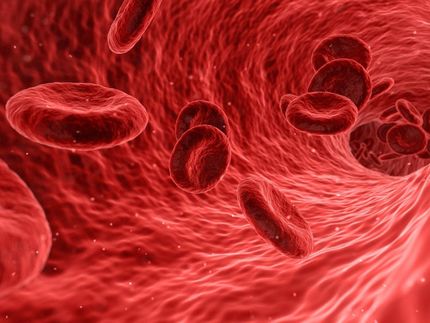CyGenics in International Cancer Therapy Collaboration
International effort to develop new cancer treatment
Advertisement
CyGenics Ltd. announced that it will be part of a new international collaborative effort to develop new treatments for cancer. This will be done via the novel approach of developing and mobilising immune cells outside the human body. Called PACRIMA, the project brings together leading organisations from four countries: Division Haemato-oncology of University Hospital Maastricht (AZM), the Netherlands, CyGenics, Maia-Scientific NV of Belgium, Pharmacell BV of the Netherlands, and a leading stem cell research institute in Japan. The partners anticipate that the majority of the project will be funded by grants and have applied for funding from a number of sources including EUREKA, a pan-European initiative to foster European research and development.
Current cancer therapies successfully treat 50% of patients, often with serious side effects. The body's T cells and natural killer (NK) cells need to be mobilised against the cancer. This mobilisation is done by dendritic cells, another specialised cell of the immune system. These cells patrol the body in search of foreign cells such as cancer cells. Once detected, the dendritic cells absorb part of the foreign cells' structure, and pass this information on to T cells and NK cells, which are then mobilized to kill the cells.
The PACRIMA Project seeks to stimulate the patient's own immune system to fight against cancer. PACRIMA seeks to explore whether CyGenics' patented three-dimensional cell culture platform, the Cytomatrix, is a suitable platform for growing antigen specific T cells and NK cells, and whether these cells are suitable for therapeutic use. CyGenics, from its pool of stem cells that have been donated for research, will also supply some of the stem cells from which all these cells - dendritic cells, T cells, NK cells - may be derived. If successful, this project would be a significant improvement over the current T cell culture platform.
Topics
Organizations
Other news from the department business & finance

Get the life science industry in your inbox
By submitting this form you agree that LUMITOS AG will send you the newsletter(s) selected above by email. Your data will not be passed on to third parties. Your data will be stored and processed in accordance with our data protection regulations. LUMITOS may contact you by email for the purpose of advertising or market and opinion surveys. You can revoke your consent at any time without giving reasons to LUMITOS AG, Ernst-Augustin-Str. 2, 12489 Berlin, Germany or by e-mail at revoke@lumitos.com with effect for the future. In addition, each email contains a link to unsubscribe from the corresponding newsletter.
























































